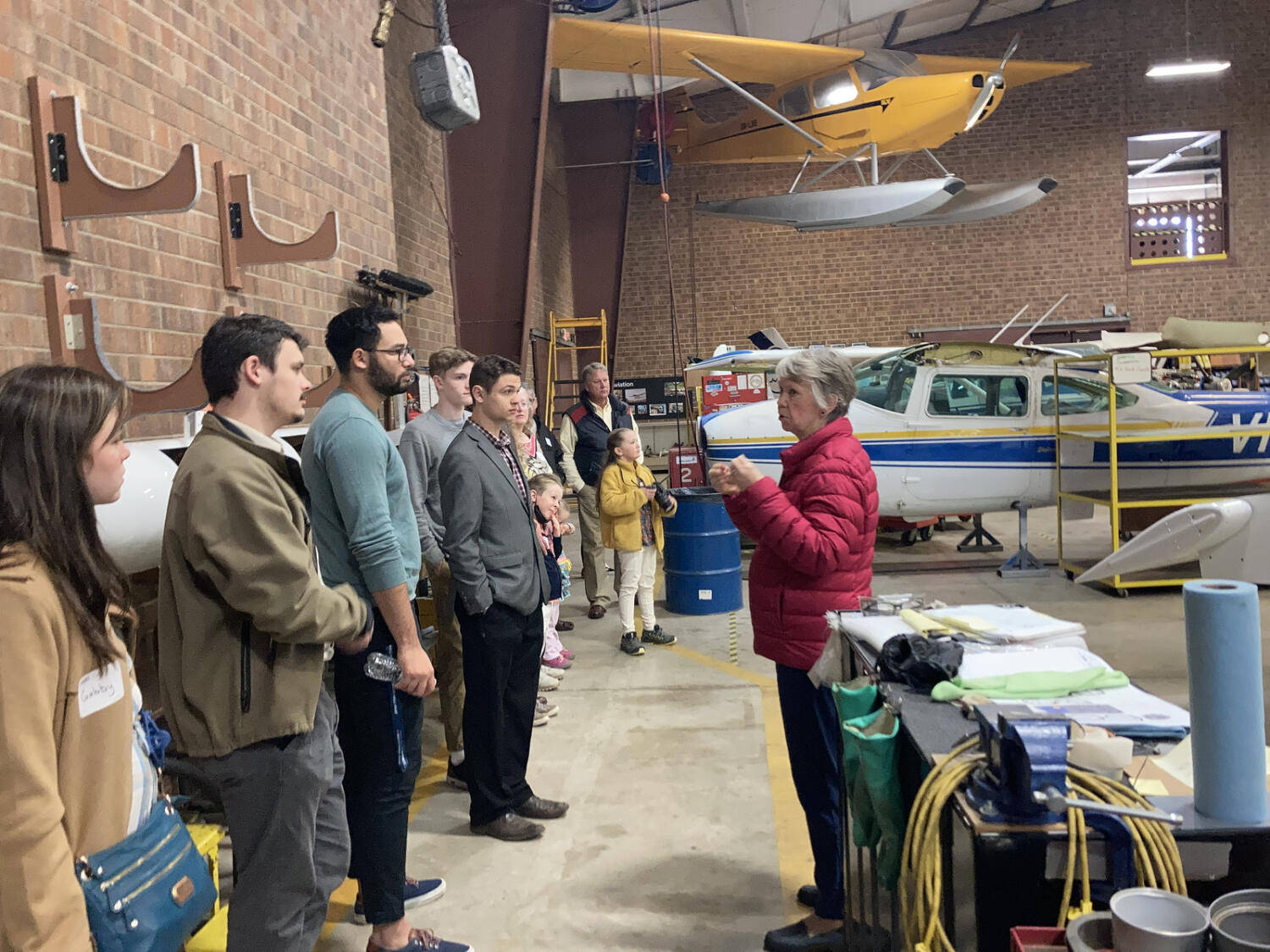It’s Your Fault—No Really, It Is.
Author: Lexi Mitchell | Student, Living Education – Charlotte, 2023-24
Mr. Tyler Wayne gave the Living Education students a forum that he aimed to be applicable to any aspect of life. The topic he covered can apply to situations while living in the dorm (in the case of the students), at work, interacting with family members, or even while standing in line at the grocery store.
His point was simple, but it is one that we all can struggle with from time to time.
We must take accountability for the things we can control.
What could we have done better?
His emphasis was on the idea that we all must acknowledge anything that we could have done in a scenario, and take responsibility for our shortcomings on that subject, regardless of how minor it may seem compared to the scenario at large.
He gave the students a formula for ownership that can be applied to almost any scenario in which a conflict has arisen.
- We are to verbally apologize, using the words “I’m sorry”, “ it’s my fault”, or any other sincere variant.
- We must express what we’re saying sorry for, and identify part of the problem that’s our fault.
- We must explain what we’re going to do to fix the issue or change for it next time.
- Finally, we need to believe it, because empty words mean nothing. In fact, it makes things worse.
At first, this mindset can seem unrealistic, because whenever things go wrong, we tend to blame others for the result. But once we assess a situation in an unbiased manner, we will recognize that we have more of a part to play in things that happen to us than we might think.
As an example, Mr. Wayne gave a scenario in which a student can’t get all their work done in school. Typically, the student immediately blames the teacher for being unrealistic or overbearing. Instead, the student can take responsibility and recognize what they can do differently. They could get better sleep, devote more time to schoolwork, or even lower their personal workload by dropping the class. Although that would be a drastic step, it is something that the student could consider in order to acknowledge their role in the situation.
Real-life scenarios
In order to thoroughly get his point across, Mr. Wayne wrote down several scenarios, and had the students formulate an extreme ownership response that takes responsibility for each conflict that occurs.
Scenario 1:
Not taking ownership: ”You consistently forget to take out the trash.”
Taking ownership: “I’m sorry, I didn’t let you know when the trash needed to get thrown out. Also, I know the garbage isn’t always filled at consistent times, so it can be hard to monitor. Next time, I’ll let you know when it’s ready to be taken out.”
Scenario 2:
Not taking ownership: “My boss didn’t give me the help I needed for a project I had to do.”
Taking ownership: “I’m sorry for failing to accomplish my task. I didn’t ask for the assistance I needed when I realized there wasn’t enough information and resources. Next time, I’ll be more proactive in asking for assistance when I need it.”
Practice makes perfect
As we do this, we will get used to taking responsibility, and with experience it will get easier over time. However, as with anything else, human pride and tendencies to gloat can impact how well our efforts are received by the other party.
So what happens if our attempt to be mature doesn’t work? What if the person is antagonistic and blames us for what happened, even if they had something to do with the situation as well?
Accept it! We should not let ego get in the way. After all, they’re only agreeing with what you’re saying. If we truly believe what we’re saying in our apology, we will be able to put our pride aside and be the bigger person in almost every conflict we are involved with.

Lexi Mitchell is a first-year student in the Living Education-Charlotte Program. She is from Long Island, New York. At home, she worked as a lifeguard and a swim instructor. Currently, she assists in the Living Education department as a social media manager and as a producer of written content. She enjoys reading, cooking, exercising, and spending time with family.









